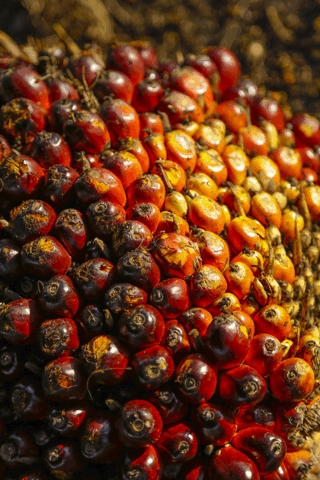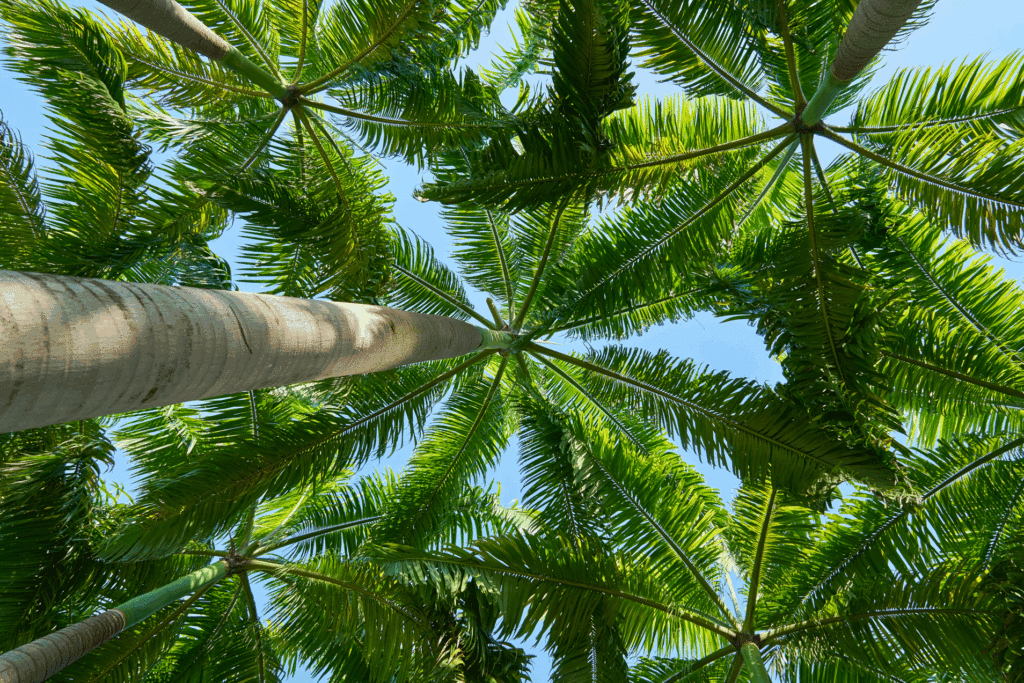Thailand is a major producer of palm oil, ranking third in the world, although its production represents only 3.8% of the global total. Most of the production is managed by smallholders, who cultivate over 80% of the palm plantations. The palm oil industry in Thailand took off in 1969 with the establishment of the first plantations.



Oil palm plantations in Thailand are increasingly important to the country’s agriculture and have become a significant source of income for many farmers. Here are some specific details about these plantations:
1. Production and Cultivation
Cultivation Area: Thailand is the third largest producer of palm oil in Asia, after Indonesia and Malaysia. Plantations are mainly located in the southern provinces of the country, such as Surat Thani, Nakhon Si Thammarat, and Krabi.
Production Capacity: Palm oil production varies annually, but recent data indicates production of several hundred thousand tons per year.
2. Farming Practices
Cultivation Methods: Plantations are often managed by smallholders and cooperatives. The use of sustainable farming practices is increasing, with some growers adopting techniques such as crop rotation and the use of organic fertilizers.
Sustainability: There is a growing commitment to sustainable farming practices, with some producers seeking RSPO certification to demonstrate their adherence to environmental and social standards.
3. Environmental and Social Impact
Deforestation: As in other producing countries, oil palm plantations in Thailand are sometimes associated with concerns about deforestation, which threatens local ecosystems and biodiversity.
Farmers’ Rights: There are initiatives to support farmers’ rights and improve their economic conditions, but there are also concerns about labor practices on the plantations.
4. Market and Consumption
Domestic Use and Export: Palm oil is an important component of Thai cuisine, but it is also exported to other countries. Growing demand for sustainable products is impacting the domestic market and exports.
Local Trade: Palm oil is used in a variety of applications, from food production to cosmetics, and the local market is growing.
5. Sustainability Initiatives
Certification Projects: Various projects are underway to improve the sustainability of plantations, such as promoting less impactful cultivation methods and educating farmers on best practices.
